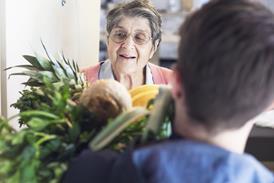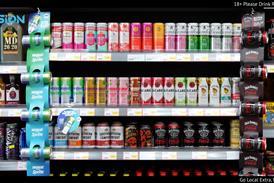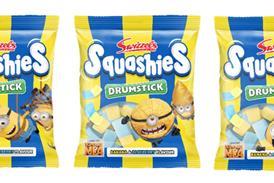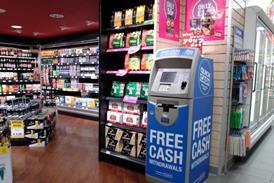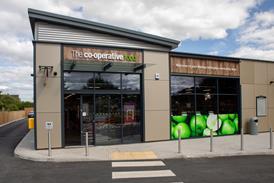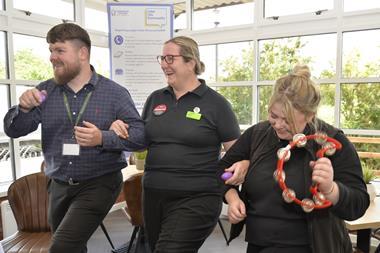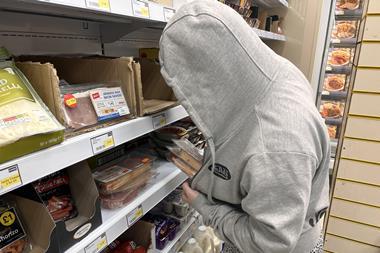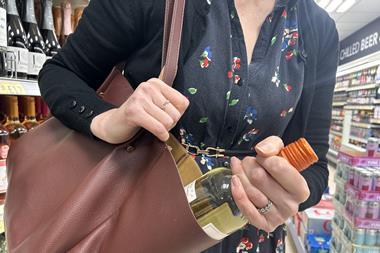Food-to-go special: Market overview
By HIM2020-03-17T16:51:00

C-stores take a big share of the food-to-go market, but competition is fierce. HIM’s Giorgio Rigali looks at how to ensure continued success
ALREADY HAVE A REGISTERED USER ACCOUNT? PLEASE LOG IN HERE
To read the full story join the ConvenienceStore.co.uk community today!
Registration is quick and easy and provides access to:
- Unlimited ConvenienceStore.co.uk articles
- Our great range of newsletters
- Content you’ve saved for later via the ‘my library’ feature
And much more…
Related articles
-
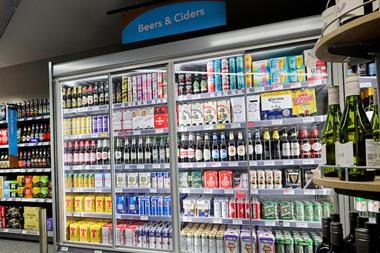
-

-
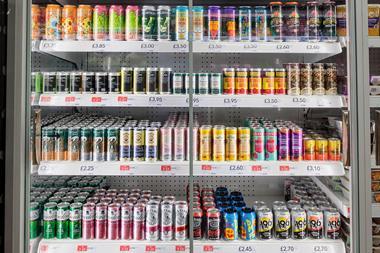
-
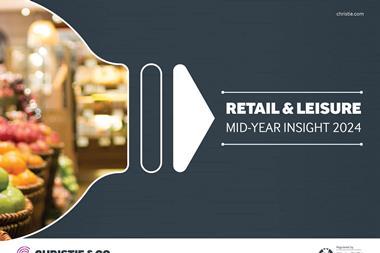
-
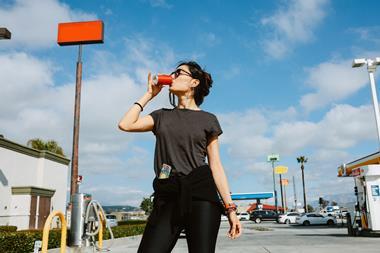
How to capitalise on the soft drinks on-the-go opportunity
This content is provided by Britvic
-
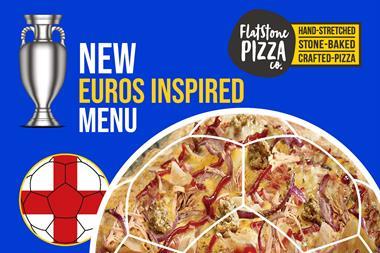
More from Your Business
Unlimited Access + Newsletters
Register today to gain unlimited access to articles and to receive our great range of email newsletters.

